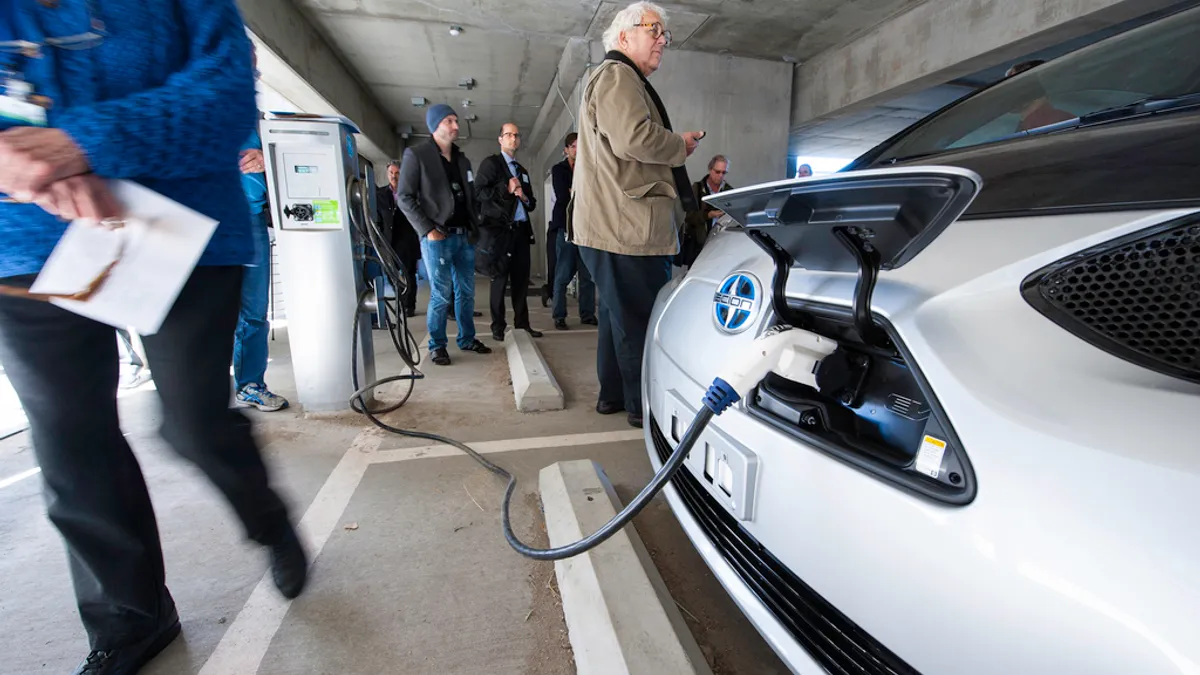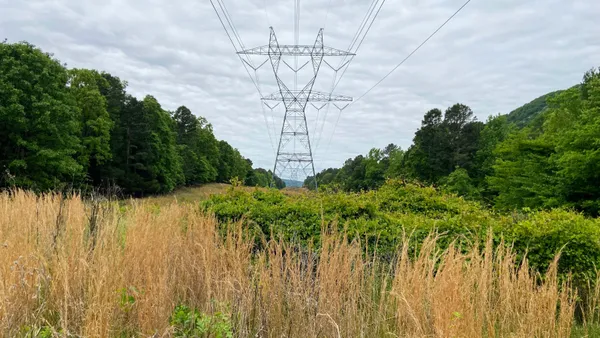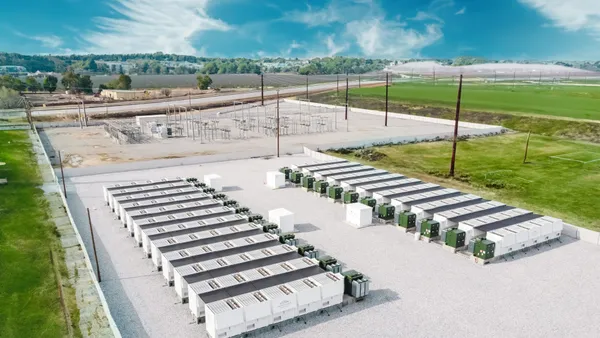Dive Brief:
- AEP Ohio's plan to significantly grow the state's electric vehicle charging infrastructure is coming under criticism from a national group worried the utility's rapid expansion would leave no room for third parties to operate.
- According to Columbus Business First, the Electric Vehicle Charging Association (EVCA) argued to Ohio regulators in filed testimony that utilities should not be allowed to compete with other installers by leveraging ratepayer funds.
- AEP's plan, filed in November 2016, also included proposals to invest in customer service and reliability improvements, renewable power, and microgrids, along with recovering coal costs.
Dive Insight:
EVCA told the Public Utilities Commission of Ohio (PUCO) that the group is not opposed to utilities owning charging infrastructure per se, but it must be done in a limited way so as not to stifle competition.
“The scale of this program would flood the competitive EV charging market, crowding out private investment, and causing impacts that extend beyond the borders of the company’s service territory,” the group said in its testimony, according to the news outlet. Utility ownership makes more sense in underserved areas, EVCA added.
AEP's filing, which asked regulators to approve an extension of its Electric Security Plan, came after lengthy debate over struggling generation in Ohio. The utility is also asking regulators to support a mechanism allowing recovery of costs associated with its 423 MW share of Ohio Valley Electric Corporation coal-fired generation. The utility will also develop 900 MW of new renewables, including 500 MW of wind and 400 MW of solar.
AEP's current plan is scheduled to expire in 2018, but the utility asked the PUCO to extend the plan to May 2024.
More utilities, however, are mapping out plans to expand EV charging points within service territories, particularly in California where the governor has outlined ambitious climate targets. But some have fallen through, particularly in Midwestern states such as Missouri and Kansas.
Missouri regulators told Ameren Missouri that they likely do not have regulatory jurisdiction over approving utility EV charging buildout plans. And Kansas regulators rebuffed Kansas Power & Light's bid to ratebase its infrastructure plans, saying the utility was building more stations than needed, the environmental benefits of the plan were hard to quantify, and the utility lacked sufficient data supporting its proposal.













